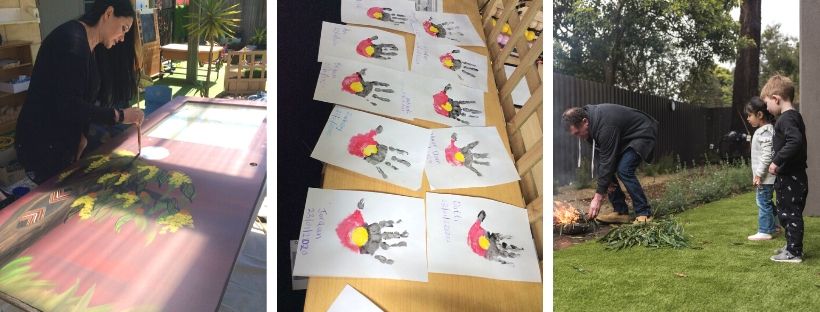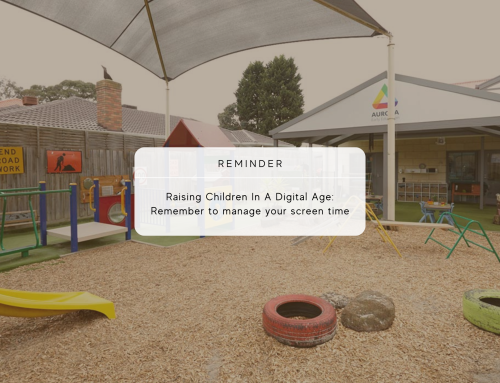Aurora works to create a stronger community by emphasizing on the importance of building and maintaining respectful relationships between different cultures. This includes highlighting the importance of building respectful relationships with the Aboriginal, and Torres Strait Islander societies. Read this Article to know the importance of reconciliation activities in early childhood education.
National Reconciliation Week
National Reconciliation Week begins on 27th May and ends on 3rd June each year. This week is dedicated to exploring how everyone can contribute to accomplishing reconciliation activities through the celebration and education of Australia’s history, cultures, and achievements.
Reconciliation resides in the hearts, minds, and actions of all Australians as we move forward, creating a nation strengthened by respect. 2020 marks twenty years of shaping Australia’s journey towards a more just, equitable and reconciled nation.
The cause that began as a people’s movement for reconciliation has since then deeply encouraged greater acknowledgment of Aboriginal and Torres Strait Islander’s rights to land and sea over the years.
It brought about a stronger understanding of the impact of government policies and frontier conflicts, along with the need to highlight and embrace Indigenous success and contribution.
This year is the twentieth anniversary of the reconciliation walks of 2000, when people gathered to walk on bridges and roads across the country to display their yearning for a more reconciled Australia.
Australians now benefit from the efforts of those who came before us and are committed to fighting for this great cause, so we could have better-unified communities today.
Exploring Reconciliation Activities at Aurora
It is imperative to know how we as a community can explore the idea of reconciliation and respective practices in an early childhood setting. As caregivers, it is our responsibility to lay the foundations for knowledge and respect about indegenious culture.
Aurora’s curriculum recognises the traditional custodians of this land, the people of the Kulin Nation and their Elders past and present. Our curriculum acknowledges and respects their continuing culture and the contribution they make to the life of this city and this region. Explorations of indigenous culture are embedded in our programming and rooms through stories, art experiences, songs and through a variety of other activities.
For instance, when we opened Aurora Early Education Doncaster in August 2019, an Elder from the Wurundjeri Tribe conducted a Smoking Ceremony, a customary ceremony where native plants are smouldered to cleanse an area and ward off bad spirits. The Elder invited many of the children and families who attended to place leaves into the fire during the ceremony.
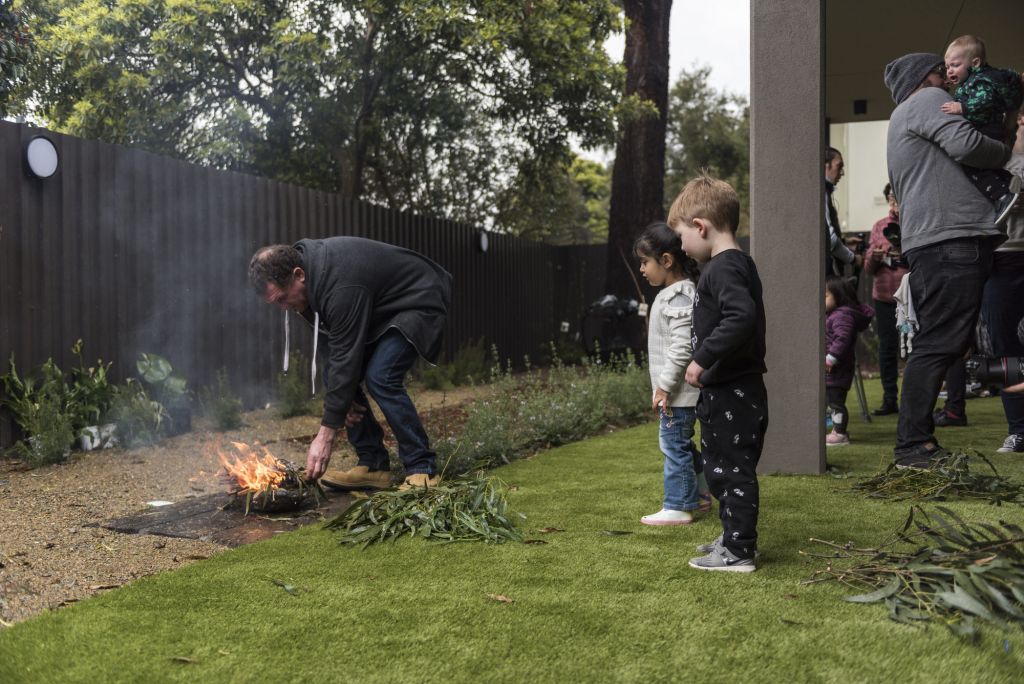
We were also awarded a grant from EACH’s Aboriginal Small Grants Projects. This grant allowed us to invite Simone, an Indegenious artist, to come into Aurora Rowville, to undertake the ‘Rowville door’ project. Our children observed Simone repurpose old doors from the Aurora Rowville centre and use it as a canvas for her paintings of nature. The children were deeply entertained and intrigued, allowing teacher-led discussions to take place, which explained the importance of Indigenous art and their presence on the land.
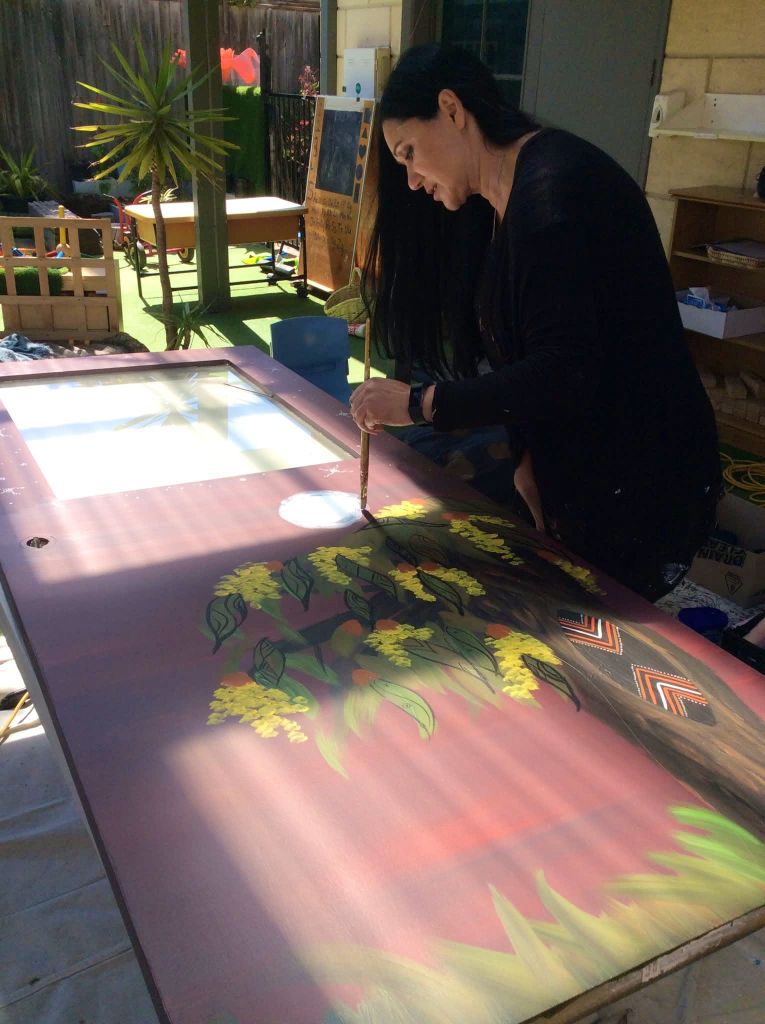
Along with our centre based programs, Aurora’s Digital learning Program also incorporates discussions and lessons that are focused on Indigenous Australians. Over the past few weeks, under our ‘Topics of Interest’ KFA, our children have been exploring indigenous artwork and the meanings behind them, which sparked discussions amongst the children. They participated in an Acknowledgement of Country by singing along and performing actions to the song.
In their DLP classes, the children also were encouraged to create their own artwork inspired by the significant symbols and artistic techniques of the Indigenous work they were shown.
Children have also been reading Dreamtime stories together and exploring questions and interests they’ve been raised with.
Visit Aurora Early Education QV.
Guiding Reconciliation Activities Today
Families and guardians can prompt and guide conversations about reconciliation and respect for Indigenous Australians in many ways. Such inclusive attitudes can be adopted by incorporating them in stories, and creative entertainment activities.
Children along with their friends and families can visit exhibitions and museums, like the Melbourne Museum or Aboriginal art galleries for example, to learn more about meanings and history.
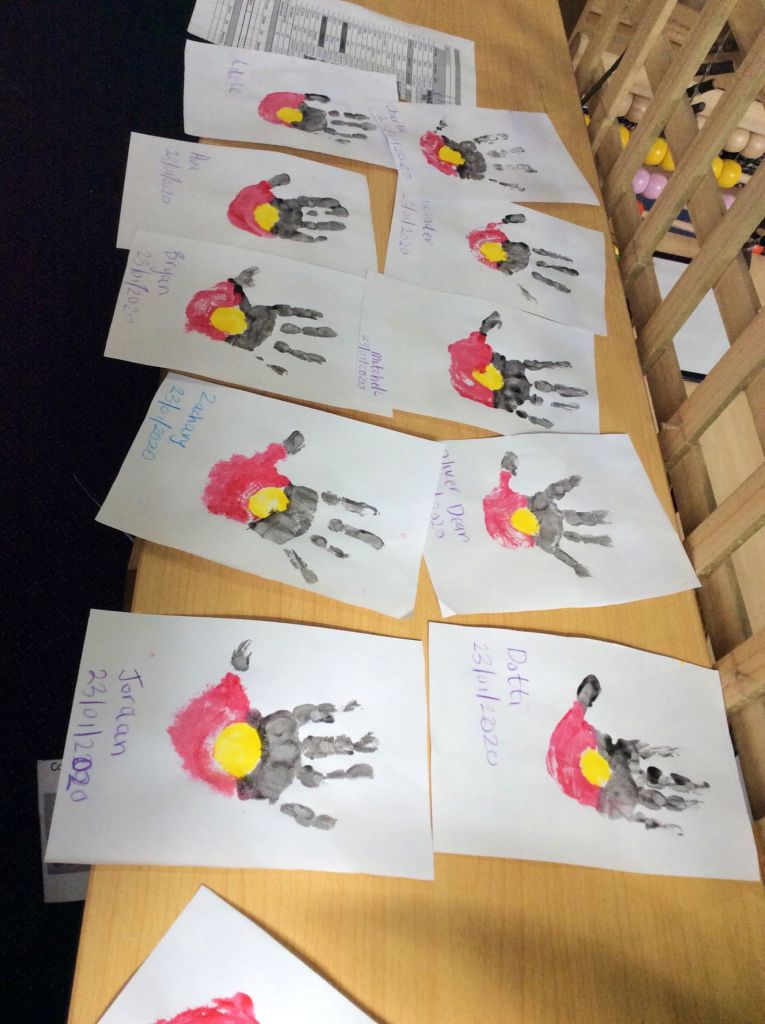
You may want to engage in some online research and find engaging content on the internet that helps children’s understanding of cultures and reasons for wanting reconciliation.
An analysis was published by the Australian National University’s Centre for Research and Methods, funded by Reconciliation Australia. The analysis found that increased communication with the indigenous population was a great method for social change. They also suggested that building relationships with the community, and support for Aboriginal and Torres Strait Islander owned businesses would aid the early learning of children and their contributions to reconciliation.


